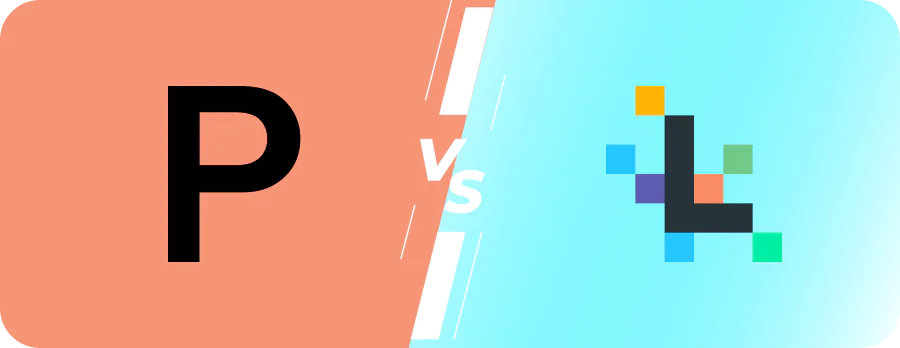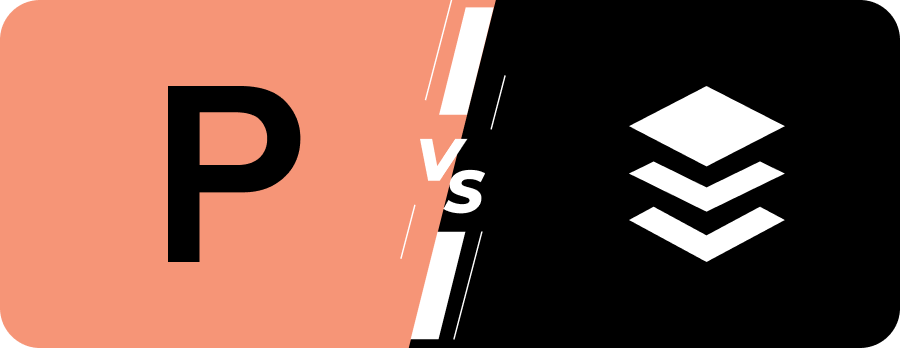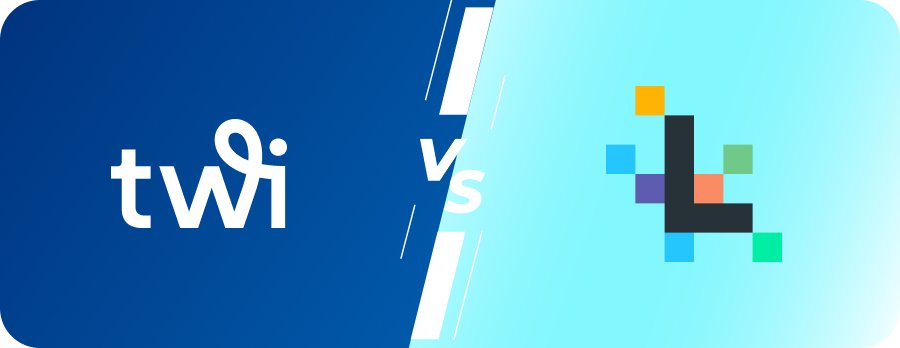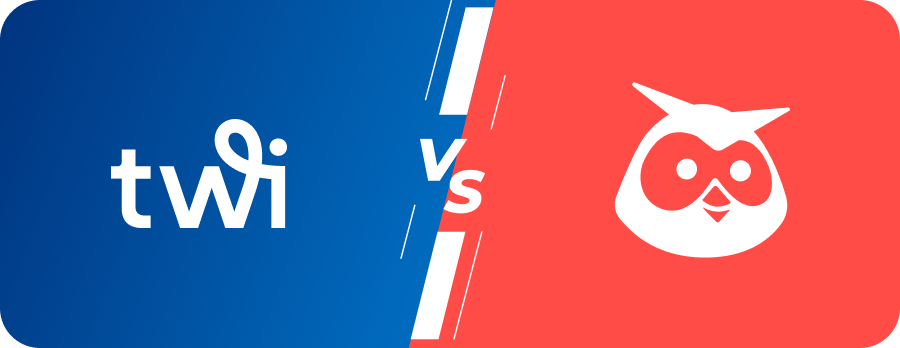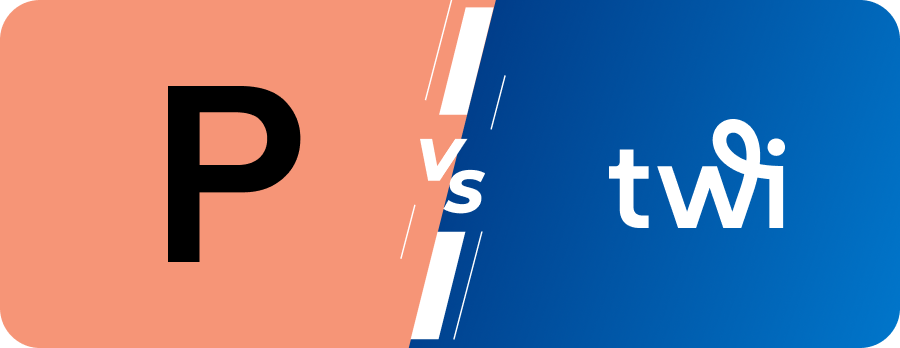
Planoly vs Tailwind
What’s Better For You in 2025?
What is Planoly?
Founded in 2016, Planoly set out to make social media planning effortless and visually engaging. Originally crafted to streamline Instagram content creation and scheduling, the platform quickly gained traction for its intuitive interface and drag-and-drop functionality. Today, Planoly has expanded its capabilities to support platforms like Pinterest and TikTok, making it a versatile tool for creators and brands.
Planoly is designed with aesthetics and simplicity in mind, offering features that cater to users who prioritize visual storytelling. Its calendar view and content grid mimic social media feeds, allowing users to see how posts will appear before they go live. This helps users maintain a cohesive brand look while streamlining the scheduling process. With additional features like hashtag research, analytics, and a content creation workflow, Planoly is more than just a scheduler—it’s a comprehensive planning tool.
Best For: Content creators, influencers, and small businesses focused on Instagram and Pinterest.
What is Tailwind?
Since its launch in 2011, Tailwind has evolved into a powerful solution for marketers seeking to excel in visual content marketing. Initially tailored for Pinterest, the platform quickly became a favorite among marketers looking to drive traffic and engagement through visually captivating campaigns. Recognizing the growing importance of Instagram, Tailwind expanded its capabilities to include robust tools for this platform as well, creating a dual-force solution for marketers who thrive on visual storytelling.
Packed with automation features, Tailwind simplifies time-consuming tasks such as content scheduling, hashtag research, and pin creation. The platform’s advanced analytics provide deep insights into audience behavior, helping businesses understand what resonates and how to refine their strategy for better results. Tailwind’s user-friendly interface and unique features, such as Tailwind Communities for collaborative growth and SmartSchedule for optimal post timing, ensure that users not only save time but also maximize their social media performance.
Best For: Pinterest-heavy campaigns, e-commerce brands, and marketers seeking deeper insights into audience behavior.
Overview
Having personally tested and used both Planoly and Tailwind, I’ve gained hands-on experience with their features, usability, and limitations. This comparison reflects my findings to help you decide which tool best suits your social media management needs. While both tools are widely popular, their strengths cater to slightly different audiences.
Planoly and Tailwind are two leading platforms in this space, each offering unique features for distinct needs. Based on my experience, this comparison will provide insights into their scheduling capabilities, supported platforms, analytics, and pricing to help you make an informed choice.
Planoly vs Tailwind: User Rating
| Rating Categories | Planoly | Tailwind |
| Star Rating (Out of 5) | 4.6 | 4.4 |
| Meets Requirements (Out of 10) | 8.6 | 8.6 |
| Ease of Use (Out of 10) | 8.8 | 8.8 |
| Ease of Setup (Out of 10) | 9.0 | 9.0 |
| Ease of Admin (Out of 10) | 8.9 | 8.9 |
| Quality of Support (Out of 10) | 8.7 | 8.7 |
| Business Partnership (Out of 10) | 8.0 | 8.1 |
| Product Direction (% positive) | 83 | 83 |
Planoly: Rated 4.3/5 on G2, users praise its intuitive interface and Instagram grid feature. However, some note its lack of advanced analytics as a drawback.Tailwind: Scores 4.3/5 on G2. Users appreciate its powerful Pinterest tools and SmartSchedule feature, though some mention that the interface could be more beginner-friendly.
Planoly vs Tailwind: Feature Comparison
| Features | Planoly | Tailwind |
| Pricing (per month in USD) | 19$ | 14.99$ |
| Free Trial | Yes | Yes |
| Platforms Supported | Instagram, limited others | Pinterest and Instagram |
| Bulk Scheduling | Yes | Yes |
| RSS feeds | Yes | Yes |
| Recurring Posts | Yes | No |
| Social Inbox | No | No |
| AI Content Generation | No | No |
| Hashtag Storage | Yes | Yes |
| Caption Customization | Yes | Yes |
| AI Images | No | No |
| Advanced Analytics | Yes | Yes |
| White Label Reports | No | No |
| URL Shortener | Yes | Yes |
| Unlimited Workspaces | No | Yes |
| Team Management | Yes | Yes |
a. Scheduling and Automation
Planoly’s scheduling is straightforward and visually appealing. The drag-and-drop calendar simplifies planning Instagram posts, reels, and stories. It also offers hashtag suggestions and auto-post capabilities. However, its automation features are more basic compared to Tailwind’s advanced capabilities.
Tailwind excels in automation. Its SmartSchedule feature, which suggests optimal posting times, saved me time and boosted engagement. Bulk upload options and recurring content posting are standout features, especially for high-volume Pinterest campaigns.
b. Supported Social Media Platforms
Supports Instagram, Pinterest, and TikTok. While it’s excellent for visual content, it doesn’t support platforms like Facebook, LinkedIn, or Twitter.
Supports Pinterest and Instagram, with a stronger focus on Pinterest. Its integration with Shopify and other e-commerce platforms is a significant advantage for online sellers.
c. Analytics and Reporting
Offers basic analytics such as engagement rates and follower growth. While sufficient for casual users, I found it lacking in depth compared to Tailwind.
Provides advanced analytics, particularly for Pinterest. It offers insights into pin performance, audience behavior, and content virality, allowing users to fine-tune their strategies.
d. User Interface and Experience
Planoly’s interface is clean, intuitive, and designed for visual thinkers. The ability to preview Instagram grids was a standout feature during my testing. It’s perfect for beginners or those prioritizing aesthetics.
Tailwind’s interface is functional but can feel overwhelming initially. Once accustomed to it, the platform becomes highly efficient, especially for managing Pinterest boards and campaigns.
e. Pricing
When comparing the pricing of Planoly and Tailwind, each tool offers plans tailored to different types of users. Planoly’s Free Plan allows one user to manage one social profile with up to 30 posts per month. This is ideal for casual users who need basic scheduling without extra features. On the other hand, Tailwind’s Free Plan offers a similar setup, allowing one user to manage one social profile with up to 20 posts per month. While both free plans are limited, they provide a decent starting point for individual users exploring social media management.
For those seeking more robust features, Planoly’s Starter Plan is priced at $11.25 per month and supports one social profile. This plan is budget-friendly for small businesses and creators looking to elevate their content planning. Tailwind’s Starter Plan, priced slightly higher at $12.99 per month, includes one social profile but brings additional features such as SmartSchedule and automation tools that cater to users managing Pinterest and Instagram.
For teams or businesses with greater needs, Planoly’s Agency Plan starts at $28 per month, accommodating two users and multiple profiles. This makes it a cost-effective option for small teams requiring collaboration tools. Meanwhile, Tailwind’s Agency Plan is priced at $39.99 per month and offers unlimited features, making it a better choice for e-commerce brands or agencies managing high-volume Pinterest campaigns.
Overall, Planoly is more affordable for casual users and small teams, while Tailwind’s higher pricing reflects its advanced automation and analytics capabilities, particularly for Pinterest-focused users.
Pros and Cons of Using Planoly
Pros
- Clean, visually-oriented interface
- Excellent for Instagram grid planning
- Affordable for small businesses and influencers
Cons
- Limited advanced analytics
- Doesn’t support platforms like Facebook or LinkedIn
Pros and Cons of Using Tailwind
Pros
- Exceptional for Pinterest scheduling and analytics
- Smart automation features like SmartSchedule
- Great for high-volume posting and recurring content
Cons
- Steeper learning curve for beginners
- Pricing may be high for casual users
Ideal Use Cases
Planoly is Ideal For:
- Instagram-focused businesses and creators
- Small teams looking for a simple and affordable tool
- Users prioritizing visual planning over advanced analytics
Tailwind Excels When:
- Running Pinterest-heavy campaigns or e-commerce strategies
- Businesses needing advanced automation and scheduling tools
- Marketers relying on detailed analytics to optimize performance
Conclusion of Planoly vs Tailwind Comparison
Both tools serve unique purposes. Planoly is ideal for users focused on Instagram and visual content planning. Its simplicity and affordability make it a great option for influencers and small businesses. Tailwind, on the other hand, is the superior choice for Pinterest marketing and data-driven campaigns. It’s perfect for e-commerce brands and advanced users who need automation and in-depth analytics.
If you’re still unsure which tool to choose, consider RecurPost as an alternative. RecurPost combines simplicity with powerful features, offering advanced scheduling, content recycling, and analytics for a variety of platforms.
